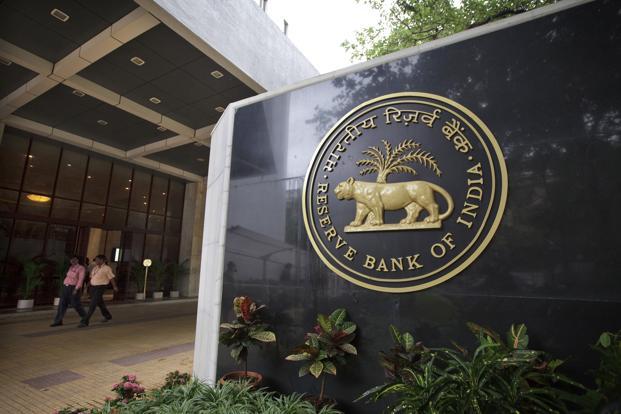The Reserve Bank of India issued final guidelines for companies seeking to set up payments banks and small finance banks in a bid to expand banking services to more people and small businesses.
Elaborating the eligibility criteria, the central bank has included non-bank prepaid card issuer, mobile companies, telecom companies, business correspondents, PSU companies, real sector cooperatives and supermarket chains as promoters of payments banks, while it has allowed NBFCs, MFIs and local area banks to convert to small banks.
The RBI says that promoters can have JVs with banks for payments bank but they must have experience of running the business for 5 years. These banks can take demand deposits of maximum Rs 1 lakh per customer and can issue ATM/debit cards but not credit cards. Also, they can offer payments, remittance services and can distribute financial products like mutual funds and insurance.
However, the RBI has made it clear that payments banks cannot undertake lending activities. Payments banks can accept deposits and remittances but cannot provide loans. Small finance banks are aimed at lending to small business units.
As per the new guidelines, the banks must maintain cash reserve ratio (CRR) and should keep 75 percent of their deposits in SLR up to 1 year maturity. Moreover, these banks need to keep maximum 25 percent as deposits with other banks for operational use, says the new guideline.
Under the new norms for payments banks, the minimum paid-up equity capital is Rs 100 crore and the leverage ratio should not be less than 3 percent.
Moreover, the guidelines say that foreign holding should be as per FDI policy for private banks and they must have a high-powered customer grievances cell. The RBI does not allow large state-run entities and business houses to set up small finance banks and bars JVs by different promoter groups to set up such entities.





